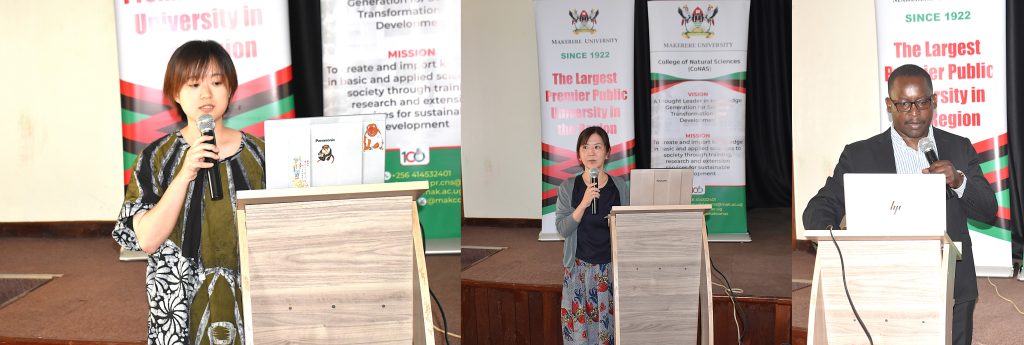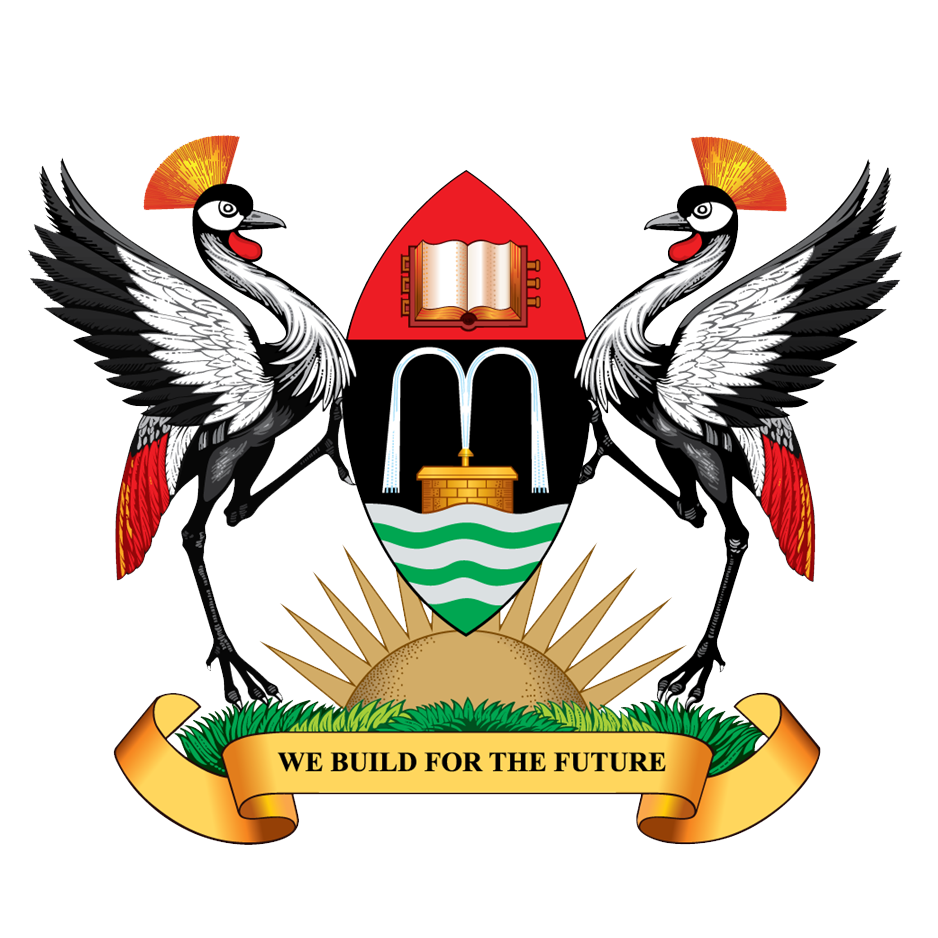pr.cns@mak.ac.ug
Mak Hosts International Symposium on Human-Wildlife Interactions in Africa
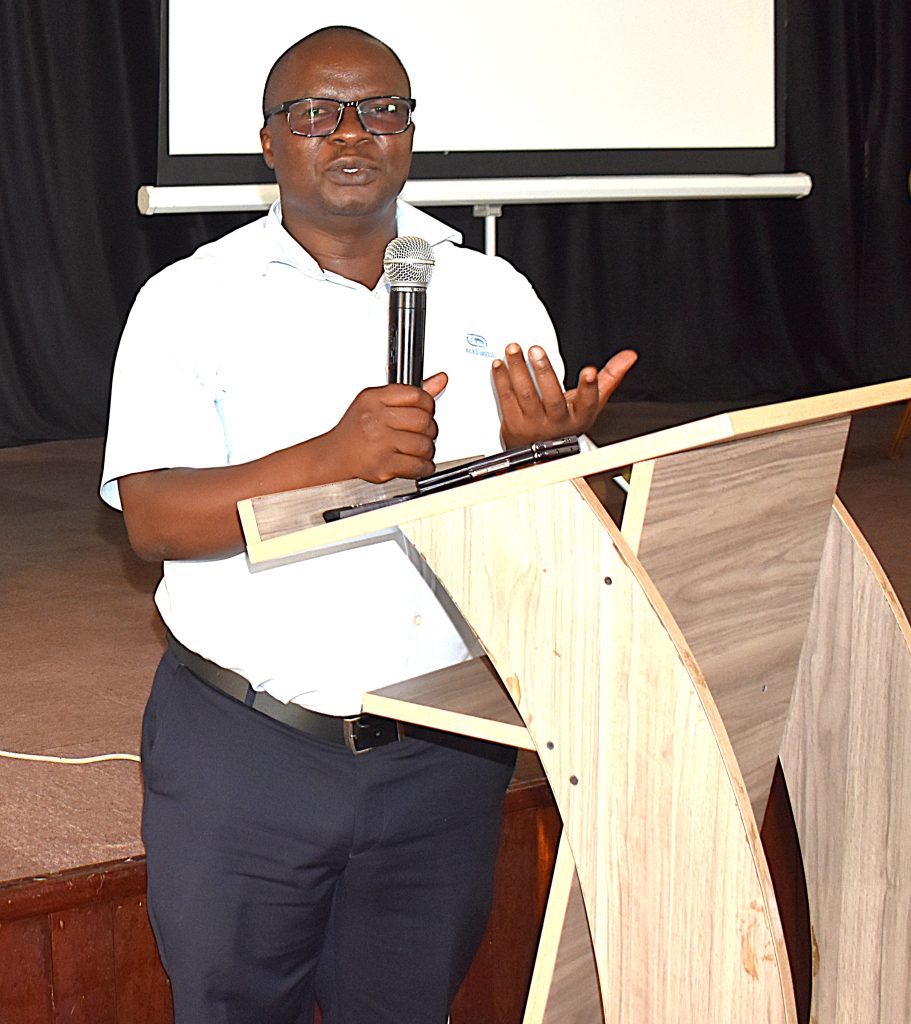
Overview
As human populations continue to grow rapidly around the world, the expansion of urban areas, agricultural lands, and infrastructure has led to significant reductions in natural habitats that once thrived with diverse wildlife. This ongoing encroachment has intensified interactions and conflicts between humans and wildlife. These conflicts take many forms, from wildlife damaging crops and property to more serious and sometimes dangerous encounters between animals and people. Such incidents not only threaten the safety and well-being of local communities but also jeopardize the survival of numerous animal species, thereby undermining the rich biodiversity that is essential for maintaining healthy ecosystems.
The increasing frequency of these human-wildlife conflicts poses complex challenges for both conservationists and local populations who depend on natural resources for their livelihoods. To address these pressing issues, a growing number of researchers and conservationists from across Africa are collaborating to develop innovative strategies. Their efforts focus on balancing the needs of human communities with the imperative of preserving fragile ecosystems. These initiatives include studying animal behavior, implementing sustainable land-use practices, promoting coexistence through education and community engagement, and employing technology such as early warning systems to prevent conflicts. By working together, the experts aim to create solutions that protect wildlife populations while ensuring the safety and prosperity of human communities.
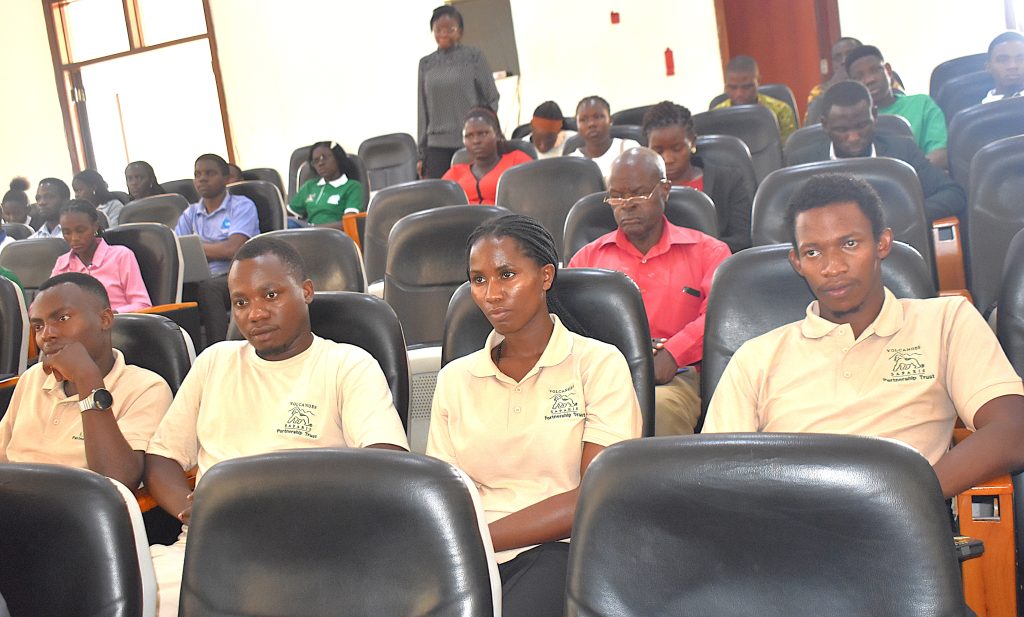
Addressing the complex dynamics of human-wildlife interactions
On 5th September 2025, Makerere University convened an International Symposium on Integrated Studies on Human-Wildlife Interactions in Africa to examine the intricate balance between development and conservation. Hosted by the Department of Zoology, Entomology and Fisheries Sciences, and attended by scholars, conservationists, and community representatives, the central aim of the symposium was to foster a deeper, more integrated understanding of human-wildlife interactions, particularly in African contexts where rapid population growth and land-use changes are placing mounting pressure on ecosystems.
Opening the symposium, Dr. Naoki Matsuura of Sugiyama Jogakuen University, emphasized the necessity of long-term, interdisciplinary fieldwork in tackling conservation challenges. Dr. Matsuura noted that real progress in biodiversity conservation requires sustained engagement, not only with scientific data but also with local communities whose lives are directly intertwined with wildlife.
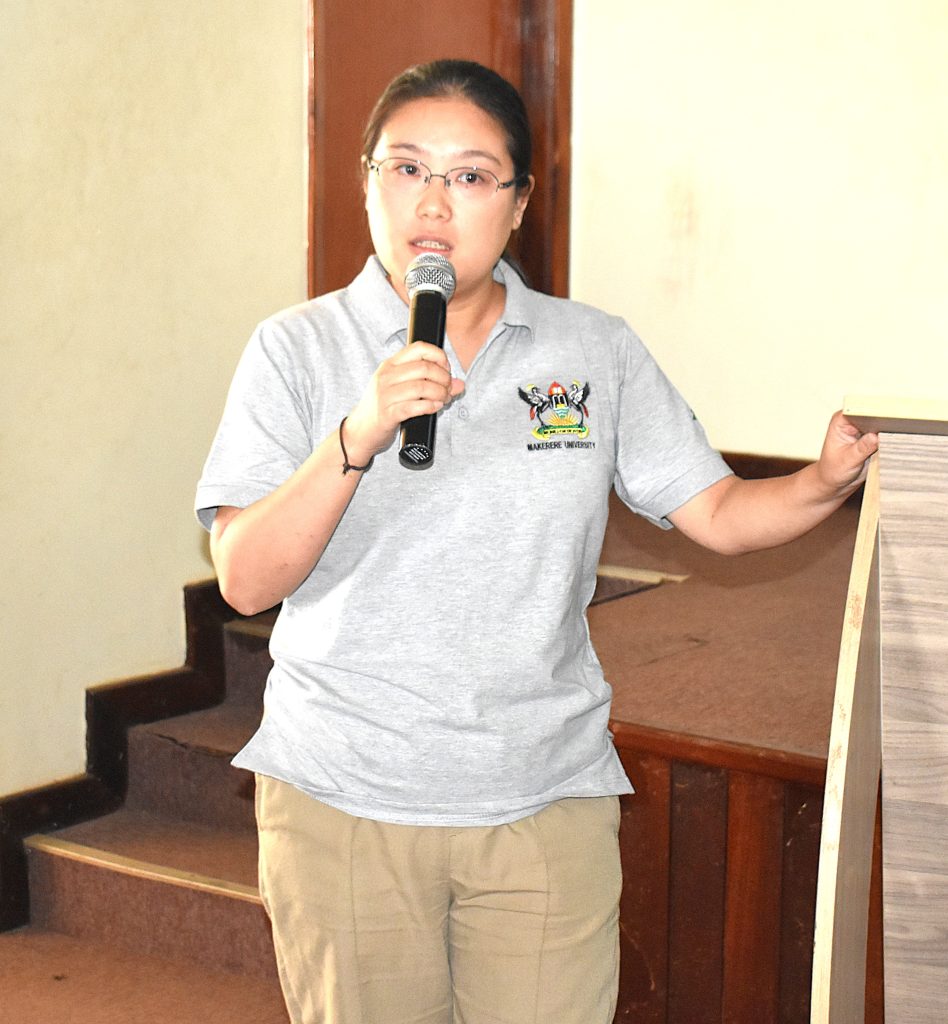
Highlights from the presentations
One of the symposium presentations focused on over two decades of research in Moukalaba-Doudou National Park in Gabon. Presenters namely- Dr. Matsuura, Guy-Max Moussavou (IRSHM Gabon), Dr. Etienne Akomo Okoue (IRET, Gabon), and Prof. Yiji Takenoshita (Okayama University of Science) collectively reviewed 25 years of fieldwork, highlighting how community involvement, combined with ecological monitoring, has supported habitat preservation and improved human-wildlife coexistence in the region.
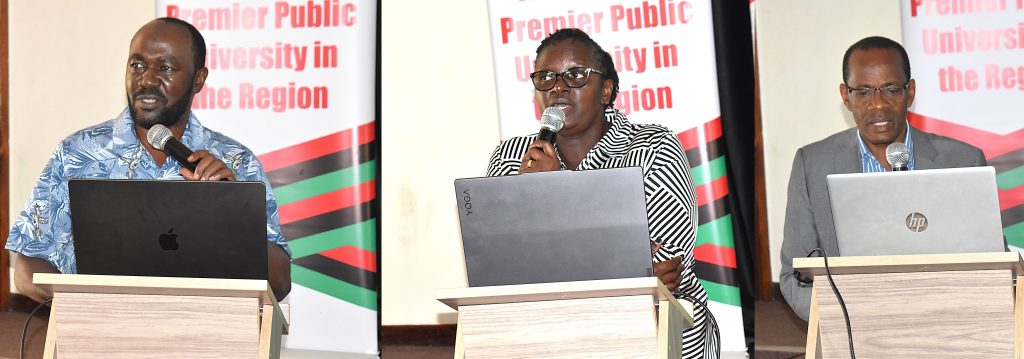
Presentations from across Africa illustrated the diversity of human-wildlife relationships and how they are influenced by cultural, ecological, and economic factors. Dr. Nahoko Tokuyama of Chuo University presented findings from the Luo Scientific Reserve in the Democratic Republic of Congo. Her research explored how encounters between humans and bonobos, our closest primate relatives, have contributed to shifting perceptions of wildlife and improved conservation awareness.
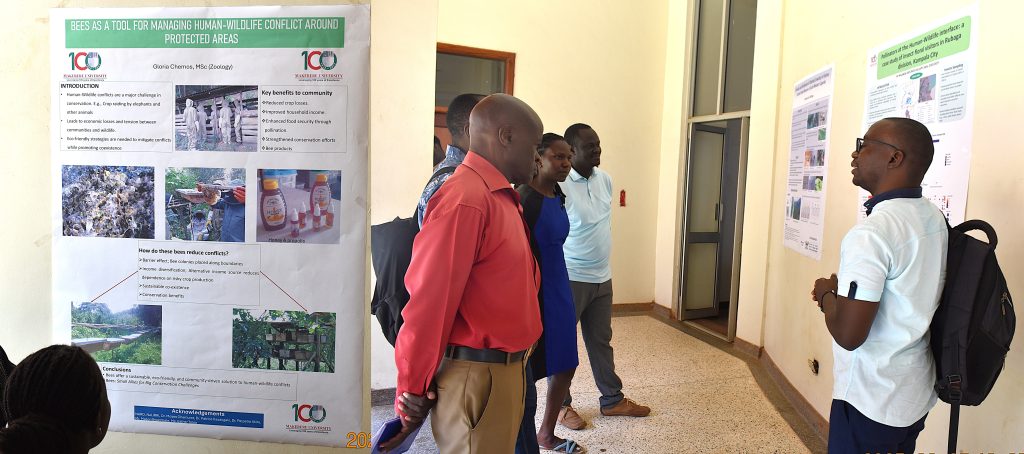
In a similarly insightful presentation, Tae Seike (Sugiyama Jogakuen University) offered a detailed overview of predator-prey dynamics in Mahale Mountains National Park, Tanzania. Her work focused on the behavioural adaptations of monkeys in response to predator presence, a crucial aspect of ecosystem balance that also informs strategies to manage ecotourism and wildlife stress.
Saeko Tenda from Osaka Metropolitan University drew attention to the human-elephant conflicts in Southern Gabon and Northern Tanzania, two regions with distinct sociocultural contexts. Through comparative analysis, she showcased how community-driven coexistence strategies, such as elephant deterrents, land zoning, and local education programmes can reduce conflict and foster mutual benefit.
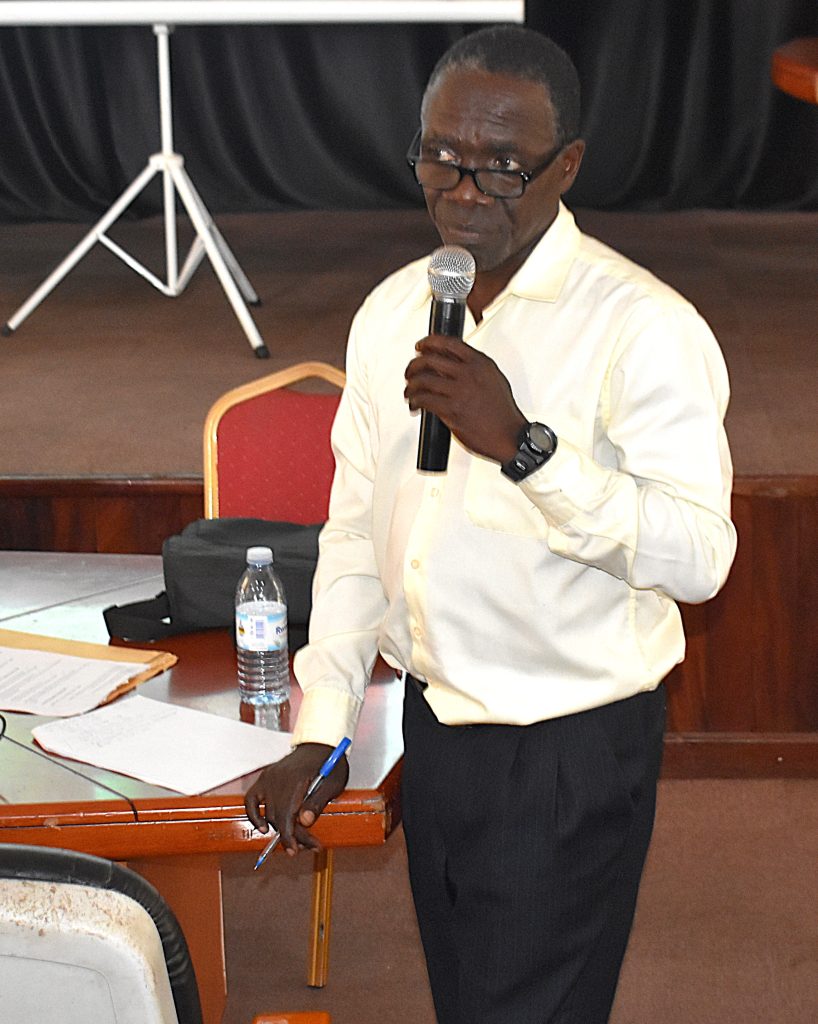
Uganda’s perspective: Conservation rooted in communities
Researchers from Uganda provided valuable insights from ongoing conservation initiatives. Dr. Emily Otali, based at Kibaale National Park, shared case studies from Kanyawara, a region known for its chimpanzee populations. Her presentation detailed both the challenges faced, such as crop-raiding, habitat encroachment, and poaching, and the successes of community-based conservation programmes, particularly those targeting school children. These educational outreach efforts have proven effective boosting conservation efforts.
A representative from the National Agricultural Research Organization (NARO) shared insights into the economic and ecological benefits of beekeeping. Meanwhile, Prof. Hosea Muhanguzi highlighted the growing pressures on the Kalinzu Forest Reserve, driven largely by the increasing demand for medicinal plants. He advocated for a more robust regulatory framework and the adoption of sustainable harvesting practices to safeguard forest biodiversity, while acknowledging the vital role these natural resources play in traditional medicine and supporting rural livelihoods.
Prof. Charles Masembe of Makerere University provided valuable insights into the population genetics and evolutionary dynamics of select African wildlife mammals. His work, which involves advanced genetic analysis, aims to inform both conservation policy and the management of wildlife corridors that support gene flow across fragmented habitats.
Complementing these scientific studies, a research team from Kyoto University – Prof. Takeshi Furuichi, Dr. Hiroyuki Takemoto, and Prof. Chie Hashimoto, presented a long-term case study from Kalinzu Central Forest Reserve, focusing on integrating local communities into forest management and conservation activities. Their approach emphasizes participatory methods that empower communities to become co-managers of biodiversity.
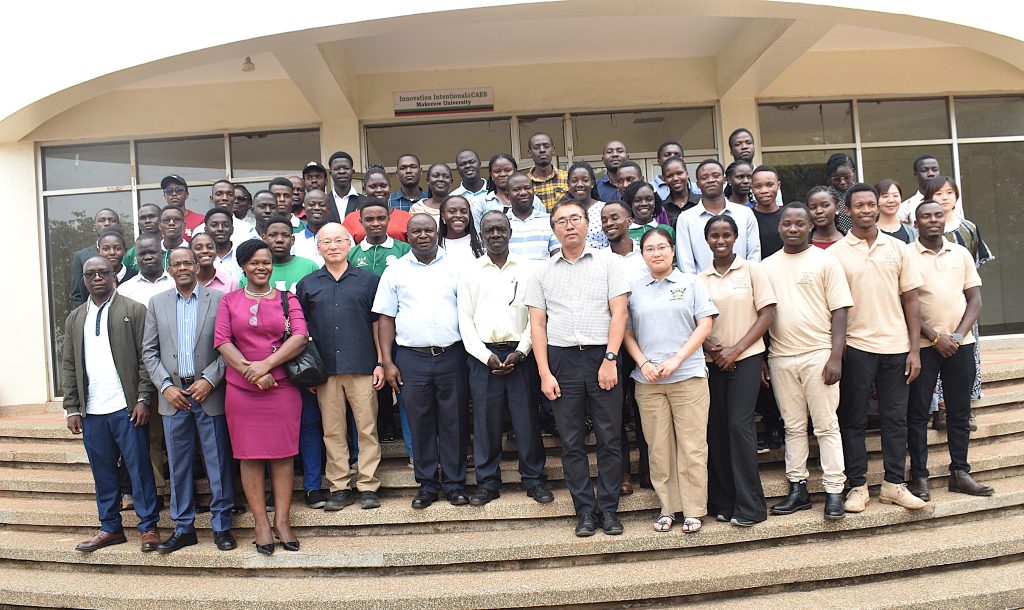
Remarks by the Head, Department of Zoology, Entomology and Fisheries Sciences, Mak
In his address, Dr. Godfrey Kawooya Kubiriza, Head of the Department of Zoology, Entomology, and Fisheries Sciences, expressed gratitude to all participants and international partners, particularly Sugiyama Jogakuen University and Kyoto University, for their invaluable support.
He described the symposium as both timely and relevant. “Across Africa, and here in Uganda, we are faced with the pressing challenge of rapid population growth. This surge is increasing demand for food, land, and housing, often at the expense of natural habitats and biodiversity,” he noted. “Yet, we must also recognize that wildlife is not only an ecological treasure but also an economic asset. In Uganda, for example, tourism plays a vital role in our economy, supporting employment, generating household income, and earning foreign exchange.”
Dr. Kubiriza highlighted the dual challenge: safeguarding biodiversity while meeting the developmental needs of a growing population. He called for a creative, interdisciplinary approach, one that balances ecological preservation with human aspirations. He emphasized that successful conservation must be community-driven, grounded in local knowledge, and underpinned by sound scientific research.
The symposium sessions were moderated by Dr. Eric Sande, Co-Director of the Makerere University Biological Field Station (MUBFS) in Kibaale.
